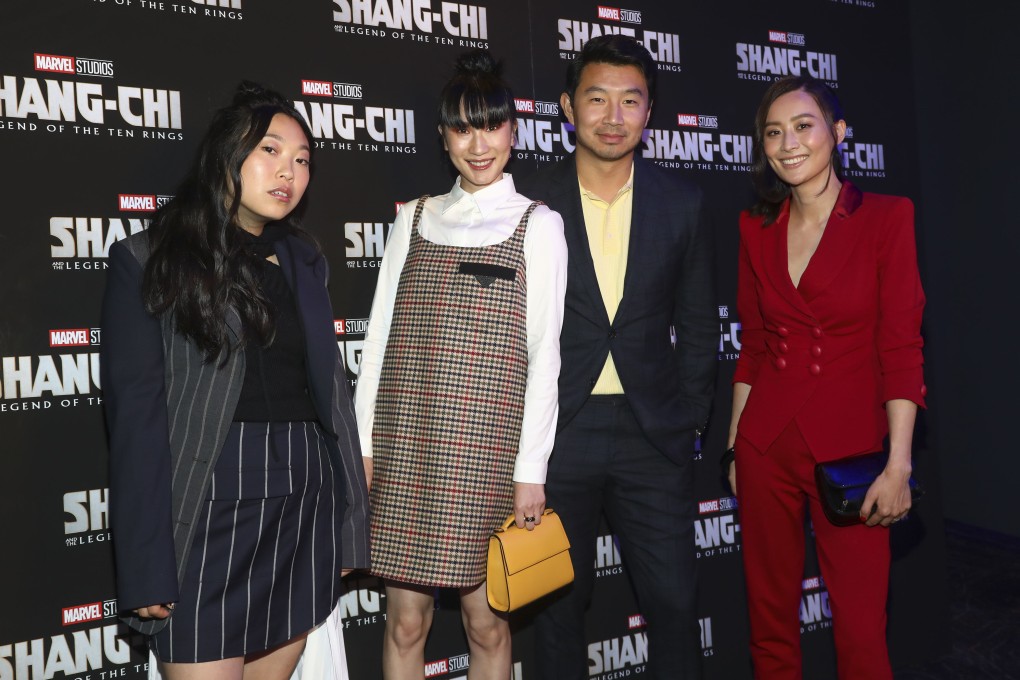On Balance | Marvel’s Asian superheroes reflect a changing America
- The film Shang-Chi, starring Simu Liu, Awkwafina and Tony Leung, showcases how Asian filmmakers and actors are moving ever further away from racist stereotypes
- The cultural diversity now visible on screen is the result of larger demographic trends that the US far right cannot hold back even if it tried

In Arthur Dong’s documentary Hollywood Chinese, we see Taiwan-born American director Justin Lin at the 2002 Sundance Film Festival, where his largely self-financed feature film Better Luck Tomorrow was screened.
The film depicts Asian-American high school students rebelling against the marginalisation they had to endure because of the assumptions that others make about them, and shows them descending into a vortex of theft, violence and drug use.
It was a much-needed antidote to the catastrophically racist depictions of Asians like Long Duk Dong in the 1984 teen comedy Sixteen Candles, and countless other slights that Lin saw when he was growing up.
During the question-and-answer session at Sundance, a white audience member asked Lin, who stood with the actors and crew, the following question: “Why would you, with the talent up there and yourself, make a film that is so empty and so immoral for Asian-Americans?”
Here we see someone who has just watched a groundbreaking film that challenges the idea that Asian-Americans are obliged to behave in a particular way, tell an Asian-American filmmaker what kind of content is off limits to him. And, to boot, he apparently suggests that Lin cannot expect to have an audience outside the Asian community.
In his zeal to suggest that filmmakers should do more to promote the richness of Chinese culture, he failed to see that he was trying to put Lin in a box labelled “Asian”, much like the situation that the characters in Lin’s film were fighting against.
